How to Brew Good Coffee

Monthly deliveries of a perfect roast, strongly brewed, may be nearly as important as the companion who introduces them to you.
Jump to navigation Skip to content
Articles from Poet & Writers Magazine include material from the print edition plus exclusive online-only material.

Monthly deliveries of a perfect roast, strongly brewed, may be nearly as important as the companion who introduces them to you.
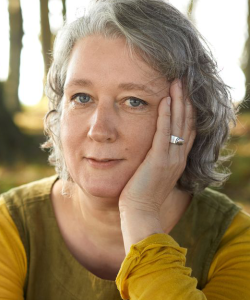
Clever use of the software’s Headings tools can make even the most beastly manuscript easier to wrangle.

Consider your cuts as a culling of the herd, and know that even writing which is omitted will leave its imprint on the book.

Artificial intelligence has irrevocably changed the paradigm of publishing. A journalist and editor speaks to agents about their thoughts on AI in a professional context, raising questions about contracts, rights, and the nature of art.

It’s a stranger time than ever to exist online. An experienced agent at Frances Goldin advises anxious writers to focus on craft and not let cultivating an online following get in the way of writing the strongest manuscript possible.

Drawing on recommendations from industry veterans, one of our senior editors interviews six agents who reflect the best of a new cohort of talent, each with a vision for evolving the industry and a profound investment in their writers.
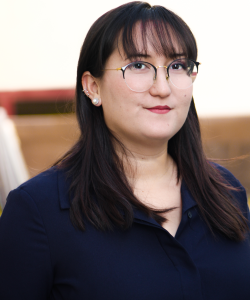
The range of potential agents can feel overwhelming to someone just starting out; a senior agent at the Transatlantic Agency shares her tips for connecting with someone who will stand by your work with commitment and thoughtfulness.

When your work is being judged with all identifying information removed, an artist statement enables you to share who you are as a writer, your motivation, and your influences—creating a map from your now to a dreamed-of future.

This summer’s notable opportunities celebrate new talent, amplify marginalized voices, and push boundaries. Our editors take you behind the scenes to see how these contests are run, who they serve, and why they do what they do.

Writing contests that accept excerpts as short-form prose can help you keep up the momentum during the long journey to book publication. Contest winners and other experts share what it takes to create an attention-grabbing excerpt.

Curating and sequencing your poems with intention can positively affect the outcome of your submission. Contest organizers and judges offer four guiding points as you assemble your poetry packet.
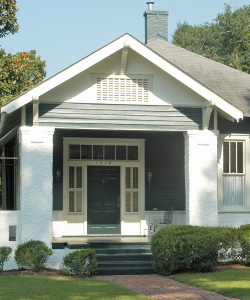
Residency programs at the homes of famous writers offer both the luxury of space and time to write and deep immersion into a literary hero’s everyday world, often providing newfound clarity and insight into ongoing work.

Drawing strength from traditions of moving across the land, a poet describes the joy and presence of mind that driving brings. Without the constant pull of screens, the road opens up an ideal space for creation.
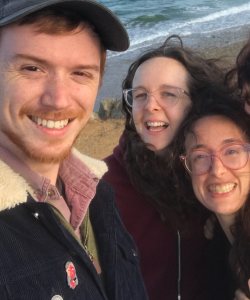
Tired of waiting for an acceptance? The ingredients for a magical retreat are readily available to all of us outside the strictures of a space someone else is hosting—and at the place, time, and budget of our choosing.
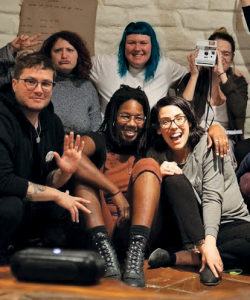
Gatherings like the Heart of It are part of a boom in writer-run retreats and workshops that serve as homegrown alternatives to established retreats, addressing a need for kinship, in-person community, and mentorship.
A novelist shares the way a writer builds intimacy between readers and characters, and how the peculiar glow of the refrigerator light brings warmth to an audience of one.
Inspired by the bioluminescence of the anglerfish, the author of Something New Under the Sun encourages writers to furnish their own light and plumb the unknown depths of their text with the hunger of a deep-sea predator.
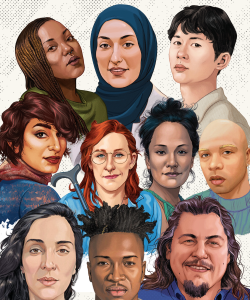
Since 2005, Poets & Writers Magazine has highlighted emerging poets in an annual feature on first poetry books. In celebration, we gathered a list of the 222 poets and their debut collections that have graced our pages.

When “normal” fails, embrace the strangeness and possibility the night can provide. A renowned fiction writer recounts the uncommon delight of inviting others to join her in writing under the moon.

Taking inspiration from a creature of the summer, a seasoned writer suggests a few approaches to stimulate, refresh, and gather your thoughts for the next stage of writing and spark your imagination with play.

Many things bring light; some bring just enough to keep the monsters at bay. When ideal circumstances are scarce, focus on the dim, constant light that helps you get the work done, even if it comes from an unusual source.

Ten debut poets who published in 2024 generously share the inspiration, advice, and writers block remedies that have sustained them through their literary journeys.
Writing and revising often seem to hinge on bringing new possibilities into focus. A poet considers the camera obscura as a metaphor for how an inversion of the light can transform and attune us to the moment.
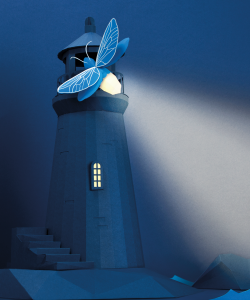
When it seems impossible to find a way into writing, a robust community can be a beam of light in the darkness. The author of Ghost Hour describes the ways that a new writers group helped rekindle and guide her creative practice.
What does it mean to truly let loose as a writer? The author of I’m Not Hungry but I Could Eat urges us to lean into the fire and pressure head-on, to let everything out on the page and offer it up to the world.